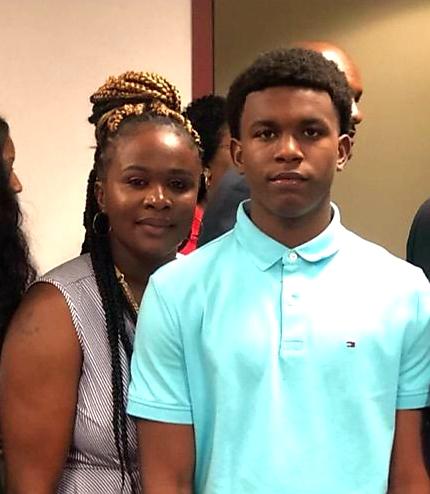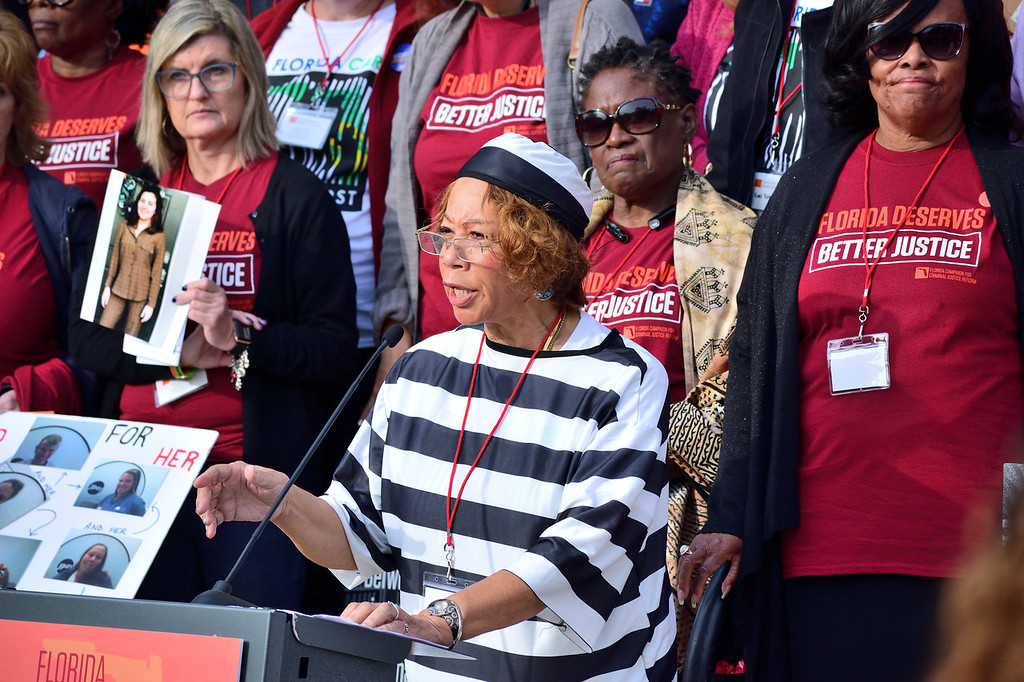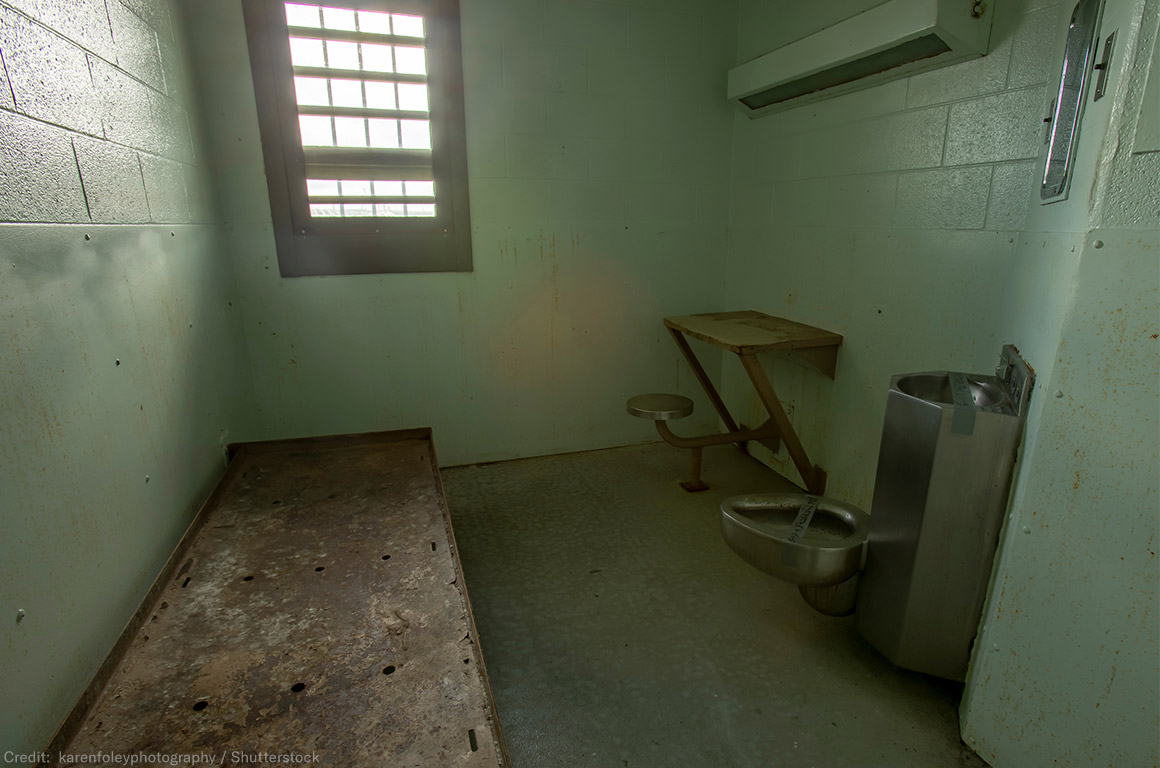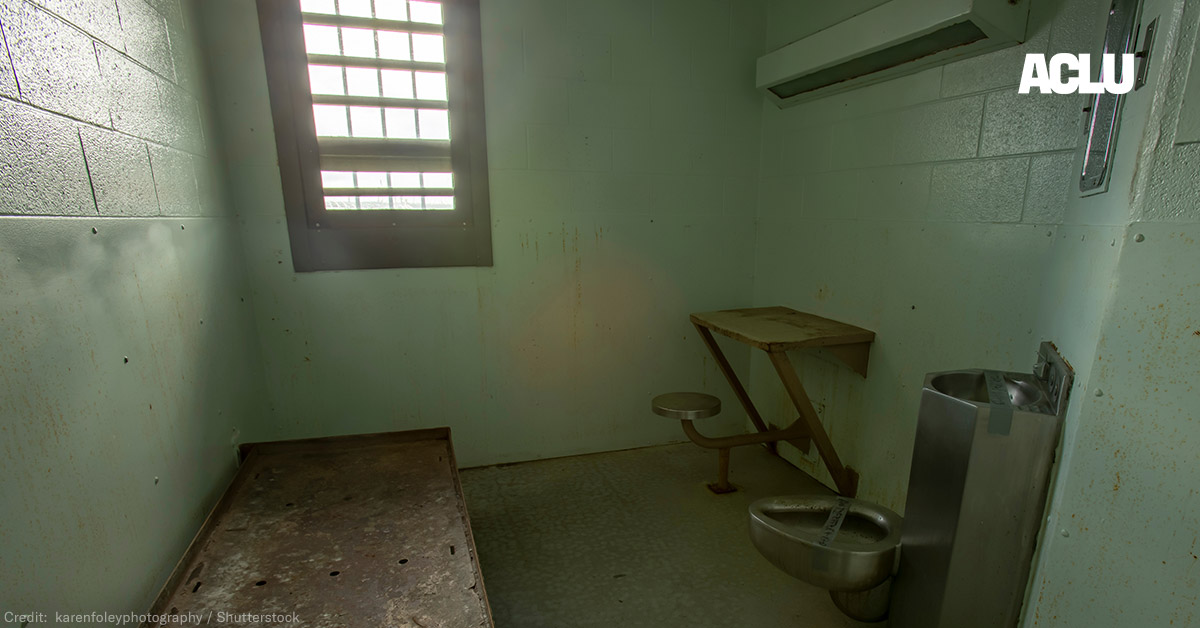It was the afternoon of April 18 and I was driving from my job to a McDonald’s near J.P Taravella High School in Coral Springs. Classes had ended and I was picking up my 15-year-old son Lucca as I did every day. But that afternoon, before I could arrive, my phone rang. I answered and found a Broward County Sheriff’s deputy on the other end.
He and my son were at Coral Springs Hospital because Lucca had pepper spray in his eyes and doctors needed my permission to treat him. I was terrified.
“What happened to my son!” I asked him.
“He tried to attack my partner,” he answered.
That didn’t sound like Lucca, and I said so. I then found myself on the receiving end of a deputy yelling at me.
“Are you calling me a liar?”
I told him I would never disrespect him, but that my son was not that sort of kid. He said I could pick Lucca up at the juvenile detention center on State Road 84 after he was processed. I went there and while I was waiting my brother sent me a video of my son’s arrest taken by another student, which was already making the rounds online.
It showed a crowd of kids in the parking lot of the McDonald’s and two deputies, who were arresting another boy. I saw my son near them bending over to pick something up – it turned out to be a cell phone dropped by the other boy. That was when one of the deputies pushed Lucca. When my son turned to see who had pushed him, the deputy shot pepper spray into his face. Then he tackled him, banged his face into the pavement more than once and punched him in the head, while a second deputy handcuffed him. Other kids in the crowd screamed, “He’s bleeding, he’s bleeding.”
Nowhere in that video did I see my son try to attack anyone.
I felt so much anxiety, I couldn’t breathe. I was in shock. My son had never been in any kind of trouble. I am the youth pastor at my church, New Mt. Sinai Pentecostal, and he and his siblings come with me to church every Sunday. I picked him up from school every day because otherwise he would have to walk through white neighborhoods in Tamarac, and I was afraid someone might accuse of doing something he didn’t do.
Now that was exactly what was happening, except it was the police accusing him of something he didn’t do. Those men are supposed to protect him, not falsely accuse him or beat him up.
Not long afterwards I was told my son would not be released that night, but I could see him in court the next day. I couldn’t sleep that night. I kept crying. I had always respected the police, both in the Bahamas where I grew up and here. That’s the way I was raised, and I never had a reason to feel differently. That’s how I have taught my children.
That next day in court the attorney representing Lucca tried to show the video to the prosecutor, but the prosecutor wouldn’t watch it. The judge determined that there was no probable cause for the aggravated assault charge. Days later, I went to the State Attorney’s Office and the charges against Lucca were dropped altogether. It was just announced that three deputies have been charged after the violent altercation they had with my son.
Thank God students took video of what happened. If not, my son would be facing felony charges right now. He wants to go college. He’s on the football team and he dreams of playing football in college too. His dreams could have been ruined if it weren’t for those videos.
I know there are people who believe the police can do no wrong. I understand those people; I used to feel that way too. I never thought something like this would happen to me. When I saw stories like this on TV, it was as if I was watching a movie, something not real. Now I know differently.
When your own child is the one falsely accused, when it’s your own child’s dreams that could end up dying because of those accusations, you have to act. What I want now is justice for my son. In my mind, those men are guilty of child abuse and should be held accountable.
Clintina Rolle is the mother of Lucca Rolle
Date
Tuesday, July 9, 2019 - 2:45pmFeatured image



